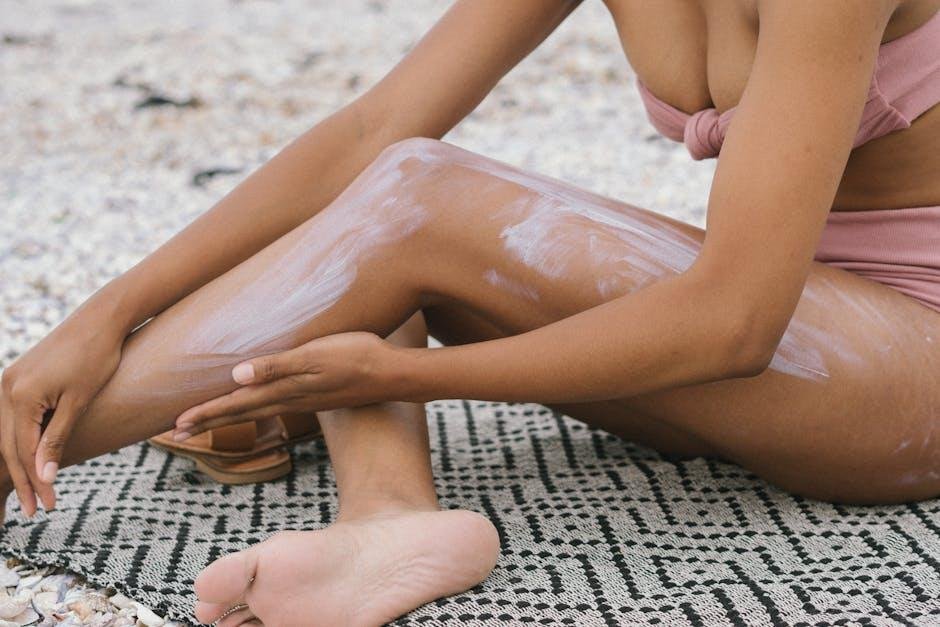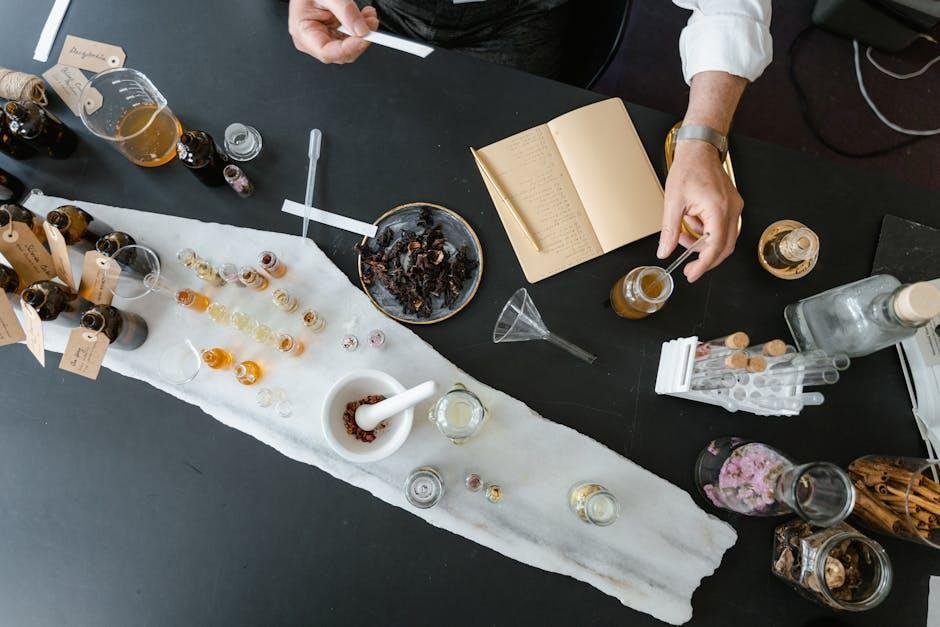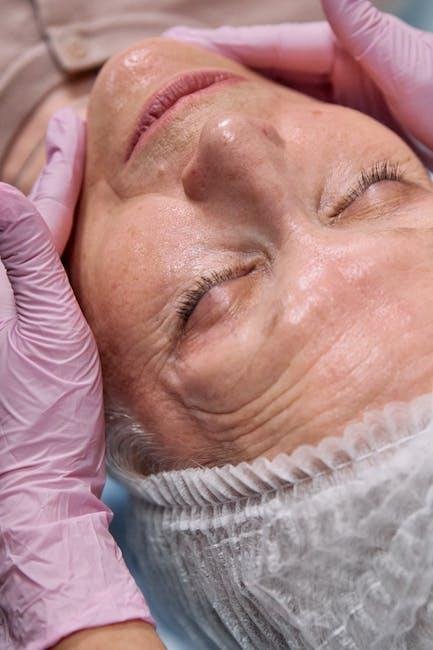In an age where information about skincare is as ubiquitous as the products lining our bathroom shelves, it’s easy to get lost in the labyrinth of trends, tips, and tricks. The pursuit of radiant skin often leads us down a rabbit hole of advice, some grounded in science and others in urban legend. With countless influencers and celebrities sharing their “secret” routines, distinguishing fact from fiction has never been more critical. In this article, we’ll peel back the layers, debunking prevalent skincare myths that have embedded themselves into our daily regimens. Join us as we navigate through the misinformation and shine a light on evidence-based practices that can genuinely transform yoru skincare routine. Prepare to refresh your perspective and embrace the truth behind healthy, glowing skin.
Common Misconceptions That Could Sabotage Your Routine
Many individuals fall prey to a variety of entrenched skincare myths that can transform a simple routine into an ineffective endeavor. One prevalent belief is that more expensive products yield better results. This notion often leads to excessive spending on luxury brands, when, in reality, many affordable products contain effective ingredients. additionally, the idea that a specific ingredient shoudl be used for every skin type can further complicate choices—what works wonders for one person’s skin could be disastrous for another’s.Tailoring your skincare routine to your unique skin needs is crucial, and it’s essential to do your research rather than getting swept up in marketing claims.
Another common misconception is the notion that all natural products are inherently better for the skin. While natural ingredients can provide benefits, they can also lead to reactions and irritations, especially for sensitive skin types. Moreover, some people believe that you have to feel a product working for it to be effective. The truth is, some of the best skincare solutions act subtly beneath the surface without any noticeable tingling or redness. A regular routine with the right products is key to long-term skin health, and focusing on consistent request rather than immediate effects will yield more positive results over time.

The truth About Sunscreen: clearing Up the Confusion
The conversation around sunscreen frequently enough leads to a maze of misunderstandings. One common myth is that people with darker skin tones don’t need sunscreen. While melanin does offer some natural protection against UV rays, it doesn’t make anyone immune to sun damage or the risk of skin cancer. Regardless of skin type, applying sunscreen should be a staple in everyone’s skincare routine. Experts recommend using a broad-spectrum sunscreen with an SPF of at least 30, as it can help shield against both UVA and UVB rays. Remember, the sun’s rays can still penetrate clouds and can harm your skin even on overcast days.
Another prevalent misconception is that if a product contains SPF, there is no need for reapplication. This belief can lead to a false sense of security. Sunscreen wears off through sweating, swimming, and even regular friction from clothing. Thus, it’s essential to reapply every two hours, or promptly after swimming or sweating. To simplify the process, keep a few tips in mind:
- set an alarm: Use your phone to remind you to reapply.
- Choose water-resistant formulas: These provide better protection while swimming or engaging in outdoor activities.
- Layer with makeup: Consider using SPF-infused makeup for easy touch-ups throughout the day.
| type of Sunscreen | SPF Recommendation | Reapplication Frequency |
|---|---|---|
| Cream/Lotion | At least 30 | Every 2 hours |
| Spray | At least 30 | every 2 hours |
| Gel | At least 30 | Every 2 hours |

Natural Ingredients: The Good, the Bad, and the Misunderstood
natural ingredients in skincare often have an aura of purity and effectiveness, but it’s important to dig deeper into their actual benefits. Many consumers believe that if something is labeled as “natural,” it must be better for their skin. However, some natural ingredients can cause irritation or allergic reactions. As a notable example, essential oils, while popular for their fragrance and therapeutic properties, can be harsh on sensitive skin if not diluted properly. Other common examples include coconut oil,which can clog pores in some individuals,and aloe vera,which,despite its soothing reputation,can be irritating for others. Understanding how your skin reacts to these ingredients is crucial, as what is safe for one person may not be for another.
Moreover, misconceptions and myths around natural ingredients can cloud judgment. Such as, many people believe that homemade remedies are inherently safer because they are natural. Yet, these concoctions can lack the preservation and scientific formulation that commercial products often provide, potentially exposing the skin to harmful bacteria or ineffective concentrations. Additionally, the idea that all plant-based ingredients are harmless is misleading; substances like witch hazel can be quite potent, leading to dryness or irritation for some. To navigate the plethora of claims about natural skincare, it’s essential to research individual ingredients and consult professionals when uncertain about their effects on your skin.

Age-Defying Myths: What Really Works for Your Skin
When it comes to skincare, myths can often cloud our judgment and lead us down ineffective paths. One common misconception is that using expensive products guarantees results. The truth is, the efficacy of a skincare product is not steadfast by its price tag but rather its ingredients. Many affordable brands offer high-quality formulations that can be just as effective—if not more so—than their luxury counterparts. It’s essential to educate yourself about active ingredients such as retinoids, hyaluronic acid, and vitamin C, which are known for their age-defying properties, rather than fixating solely on brand names or price.
Another widely held belief is that natural ingredients are inherently better for your skin. While there are many benefits to using natural products, not all of them are suitable for every skin type. Some natural ingredients can cause reactions or irritation, especially for sensitive skin. For instance, essential oils, often touted for their numerous benefits, can sometimes lead to allergic reactions.Rather of assuming that natural means better, focus on understanding your skin’s specific needs, and consider consulting with a dermatologist before introducing new products into your routine. Understanding what works for your skin is key to achieving the healthy, youthful complexion you desire.
The Conclusion
As we wrap up our exploration of skincare myths that have long held sway in the beauty community, it becomes clear that knowledge is one of the most potent tools in our skincare arsenal. By debunking these misconceptions, we empower ourselves to make informed choices that align with our unique skin types and needs.Remember,the world of skincare is vast and ever-evolving; what works for one may not work for another. Embrace the journey toward healthier skin with a discerning mindset, and don’t hesitate to seek guidance from trusted professionals when in doubt. Let’s continue to share wisdom and foster a community that thrives on facts rather than fables. After all, beautiful skin is not just a result of products and routines; it’s about understanding, patience, and embracing our individuality.Here’s to a future where we shine brighter, free from the shadows of myths!



